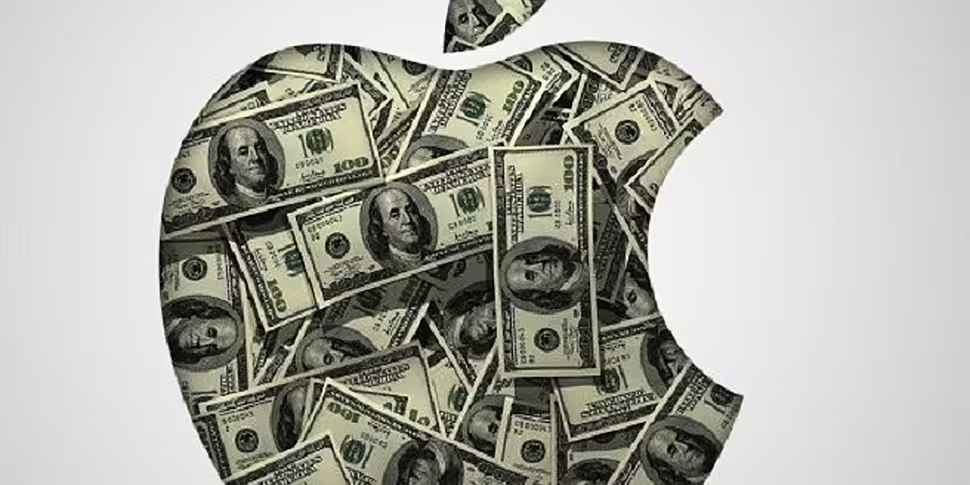The European Commission has concluded that Ireland granted undue tax benefits of up to €13 billion to Apple.
This is illegal under EU state aid rules, because it allowed Apple to pay substantially less tax than other businesses. Ireland must now recover the illegal aid.
The new findings from European Commissioner for Competition Margrethe Vestager confirm that the tech giant owes Ireland billions of euro in back tax.
Vestager commented this morning:
"Member States cannot give tax benefits to selected companies – this is illegal under EU state aid rules. The Commission's investigation concluded that Ireland granted illegal tax benefits to Apple, which enabled it to pay substantially less tax than other businesses over many years.
"In fact, this selective treatment allowed Apple to pay an effective corporate tax rate of 1 per cent on its European profits in 2003 down to 0.005 per cent in 2014."
When asked if the decision would scare US multinationals off from investing in Ireland and Europe, Vestager said:
"This is not a penalty, this is unpaid taxes to be paid."
Officials have spent three years looking at whether Apple channeled all of its European sales through Ireland to benefit from our low corporate tax rates.
Both the Irish Government and Apple are set to appeal the ruling.
Last week, the US Treasury attacked Europe's tax avoidance crackdown – which also includes firms such as Amazon and Fiat Chrysler.
It said the probe by the European Commission (EC) undermines the international tax system, while the companies under investigation say their arrangements are legal.
If Europe recovers billions in taxes from US firms it could mean less revenues collected by Washington.
Robert Stack, the US Treasury's deputy assistant secretary for international tax affairs, said:
"US taxpayers could wind up eventually footing the bill."
The US acknowledged the problem of alleged state aid being given by countries such as Ireland, Belgium and Luxembourg in the form of lucrative tax breaks.
But it criticised the EC's approach in planning to apply new rules to companies retroactively, and also accused it of overstepping its powers.
The EC denied it was targeting US companies and said it was a "standard feature" of European rules that companies would have to pay any benefits from tax breaks found to be illegal.









